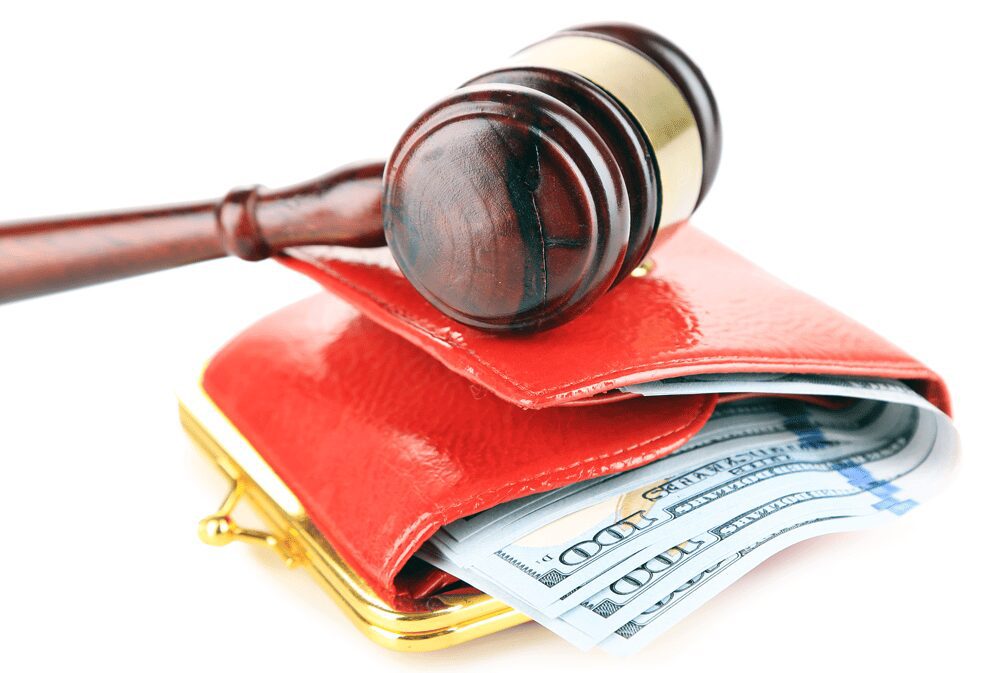
By Payton Hostens
Once a court enters a judgment, it is not the court’s responsibility to collect the judgment. However, if the judgment debtor (the losing party) does not voluntarily pay the judgment, the judgment creditor (the winning party) will likely need to take affirmative action to collect the judgment. Nebraska statutes provide processes for a judgment creditor to collect a judgment. One method, garnishment, allows a judgment creditor to get a court order compelling a third party in possession of money or property belonging to the judgment debtor to pay the money or property to the court to satisfy the judgment.
To start a garnishment, the judgment creditor must first determine whether any person or entity, such as an employer or bank, is in possession of money or property belonging to the judgment debtor. Such person or entity is referred to as the “garnishee.” Once a judgment creditor decides to pursue obtaining the judgment debtor’s money or property from a garnishee, the judgment creditor must request that the court issue a garnishment to be served on the garnishee.
Typically, a garnishee is served by personal or certified mail service. If the garnishee is an entity, an officer, director, managing agent, or registered agent of the entity must be served. If the garnishee is a financial institution or bank, special service rules apply. A financial institution or bank must be served at its chartered office or, if its chartered office is located in another state, its designated office or branch (which can be found on the Nebraska Department of Banking and Finance’s website).
The judgment debtor must also be given notice of the garnishment. The judgment creditor must send the garnishment documents to the judgment debtor via certified mail within seven days after the court issues the garnishment.
Once a garnishment is served, the garnishee has ten days to file an answer with the court. For example, suppose the answer states the garnishee has money or property belonging to the judgment debtor, depending on the type of money or property held by the garnishee. In that case, the court may issue an order (i) for delivery of the money or property held by the garnishee to the court or (ii) for placement of a continuing lien on the debtor’s wages. On the other hand, if the garnishee’s answer states it does not have money or property belonging to the debtor, there are no further steps to be taken unless the judgment creditor wants to challenge the veracity of the answer.
Any challenge to the garnishee’s answer must be filed within twenty days of the answer. If a garnishee does not file an answer with the court within ten days of service of the garnishment, the garnishee is presumed to be in possession of money or property belonging to the judgment debtor. Therefore, within twenty days, the judgment creditor should file a motion to determine whether the garnishee should be held liable for the entire amount of the judgment for failing to respond to the garnishment.
Many factors can complicate a garnishment and a judgment creditor’s ability to collect. For example, if a garnishment is not handled properly or timely, a judgment creditor may hinder his or her ability to garnish assets to satisfy a judgment.
If you have questions about garnishments or need assistance with enforcing a judgment, contact AKC Law at 402.392.1250 or visit us on the web at akclaw.com.

